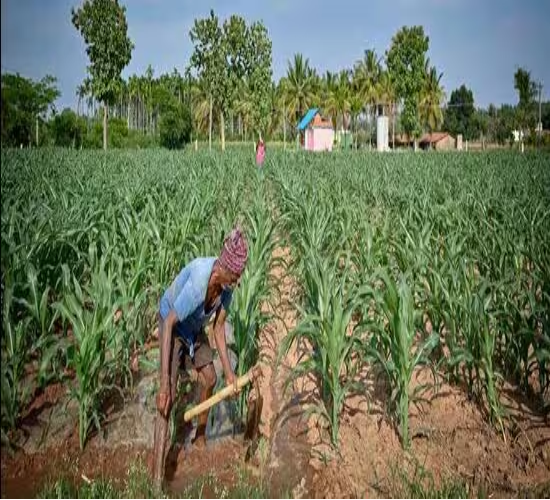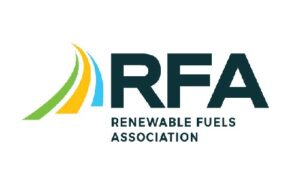For energy security, Indian govt looks at maize

The Union government has signed off on a plan to procure maize at federally fixed minimum support prices while increasing output and productivity by expanding the area under cultivation as part of a strategy to meet India’s biofuel needs
India is looking at corn as the next big commercial crop, after wheat and rice, to bolster its energy security through bumper harvests that can be utilised to make ethanol for the country’s fuel-blending programme.
Cultivators will be pushed to grow more maize through what is being called a farm-to-fuel programme. Top cereal scientists have been mandated to produce better seeds that can raise productivity 10 times and campaigns will be organised among farmers to raise awareness, an official said, declining to be named.
The Union government has signed off on a plan to procure maize at federally fixed minimum support prices while increasing output and productivity by expanding the area under cultivation as part of a strategy to meet India’s biofuel needs.
India aims to raise corn production by 10 million tonnes over the next five years as demand for ethanol production grows, besides higher demand from the poultry industry, which uses it as feed, agriculture secretary Manoj Ahuja said. Production of the third most grown cereal in 2022-23 is estimated to be 34.6 million tonne, compared to 33.7 million tonne last year.
“The idea is that gradually ethanol from sugarcane will plateau and grains such as maize will be used,” petroleum secretary Pankaj Jain had said in recent briefing.
Scientists at the Indian Institute of Maize Research are trying out new experiments to make high-yielding seeds that can raise productivity by a wide margin, according to Hanuman Sahay Jat, the institute’s director.
Biofuels such as ethanol are made primarily from sugarcane and grains, such as rice and maize. Nearly 25% of the country’s ethanol is made from cane juice, while another 50% comes from molasses. The rest comes from grains.
“A major plan is afoot to procure maize at minimum support prices, increase its production and raise its productivity in collaboration with the Indian Institute of Maize Research and the agriculture ministry,” Ahuja said.
A high-level interministerial committee overseeing the matter had given its “in principle” approval for the initiative to procure maize, he added.
The new measure will help boost farmers’ income and ensure that a programme to achieve 20% blending of petrol with ethanol by 2025-26 is on track amid an anticipated dip in sugar supplies this year, food secretary Sanjeev Chopra told HT last week.
The Centre plans to sell the maize procured by its to distilleries making ethanol. Procurement refers to the government’s purchases of food commodities at a floor price set to stave off distress sales by farmers. The minimum rate for maize for 2023-24 stands ₹2,090 a quintal (100kg).
Two state-backed food agencies, NAFED and NCCF, besides primary agricultural cooperative societies, will be involved in purchasing corn from farmers. The procured maize will be offered to distilleries at federally determined floor prices plus market taxes, while all incidental costs will be borne by the food department.
















